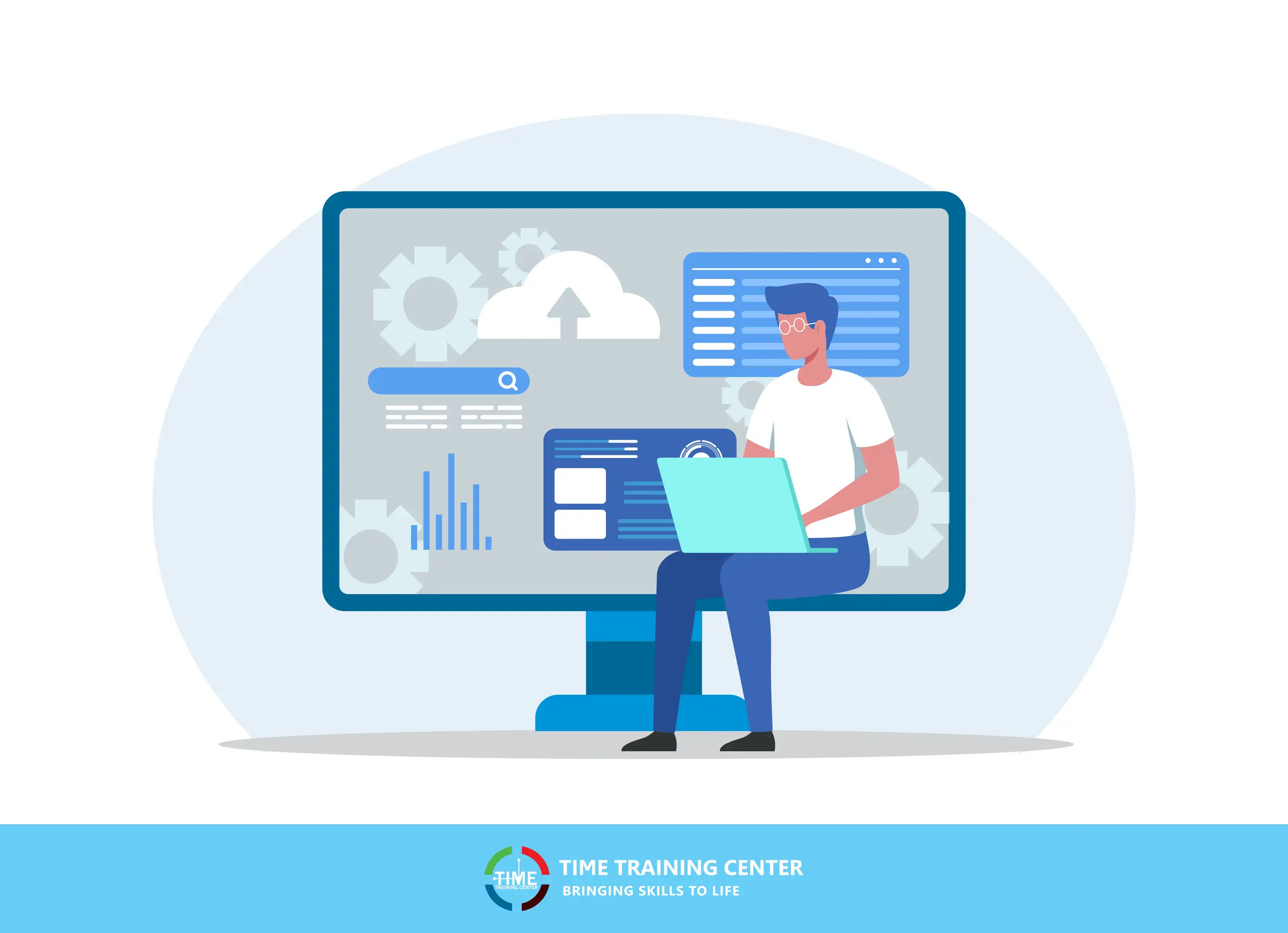In today's digital era, Social Media Marketing (SMM) has become an indispensable tool for businesses seeking to thrive online. By utilizing various social platforms for promotional activities, SMM plays a pivotal role in enhancing brand visibility, engaging with target audiences, and driving business growth.
As the digital realm evolves, understanding the profound impact and numerous benefits of Social Media Marketing is crucial for businesses aiming to stay competitive and effectively connect with their audiences.
Check out: Top Social Media Marketing Skills
Benefits of Social Media Marketing
Social media marketing has emerged as a game-changer for businesses seeking effective ways to connect with their target audience, increase brand visibility, and drive growth. The benefits of SMM are multifaceted, encompassing everything from enhanced brand exposure to improved customer engagement. Below are the top 5 benefits of social media marketing;
-
Increased Brand Exposure
-
Improved Customer Engagement
-
Cost-Effective Advertising
-
Better Understanding of the Target Audience
-
Enhanced SEO and Website Traffic
1. Increased Brand Exposure
One of the primary benefits of SMM is its ability to exponentially increase brand exposure. By leveraging the vast user base of social media platforms, businesses can reach a wider audience than ever before.
A. Reach a Wider Audience Across Various Social Media Platforms
Social media platforms like Facebook, Instagram, Twitter, and LinkedIn boast billions of active users worldwide. By strategically leveraging these platforms, businesses can extend their reach beyond traditional marketing channels and connect with potential customers on a global scale.
B. Opportunity to Showcase Brand Personality and Values
Through engaging content and interactive posts, brands can humanize their image and showcase their unique personality and values. This authenticity resonates with audiences, fostering deeper connections and loyalty.
Take the example of Coca-Cola's Facebook page, which boasts over 100 million followers. Through consistent and engaging content, Coca-Cola maintains brand visibility and fosters a global community of loyal consumers. Whether about new products or social initiatives, the brand's posts receive extensive shares and interactions, magnifying their reach far beyond traditional marketing channels.
Find out: How to Boost Your Career with Social Media
2. Improved Customer Engagement
Social media platforms provide a direct line of communication between businesses and their audience, enabling real-time interactions and personalized engagement.
A. Direct Interaction with Customers Through Comments, Messages, and Posts
Social media enables direct and real-time communication between brands and customers, allowing for immediate responses to inquiries, feedback, and comments. This direct interaction strengthens relationships and enhances customer satisfaction.
B. Building Relationships and Loyalty with Followers
Consistent engagement and personalized interactions on social media build trust and loyalty among followers. By actively engaging with their audience, brands can create a community of loyal customers who advocate for the brand and contribute to its success.
The brand encourages user-generated content by featuring customer photos with the hashtag #StarbucksMoment. This strategy not only builds a sense of community but also strengthens the bond between the brand and its customers. By responding to comments, Starbucks humanizes its brand and creates a positive online environment, fostering lasting connections with its audience.
3. Cost-Effective Advertising
Compared to traditional advertising channels, Social Media Marketing offers cost-effective solutions with targeted advertising options. The ability to specify the audience based on demographics, interests, and behavior allows businesses to optimize their ad spend.
A. Comparisons Between Traditional Advertising Costs and Social Media Advertising Expenses
Traditional advertising methods such as TV commercials or print ads can be costly and may not offer the same level of targeting and measurability as social media advertising. Comparing the expenses and outcomes of traditional versus social media advertising highlights the cost-effectiveness of the latter.
B. Targeted Advertising Options to Reach Specific Demographics
Social media platforms provide advanced targeting options, allowing businesses to tailor their ads to specific demographics, interests, and behaviors. This precision targeting ensures that advertising budgets are efficiently allocated to reach the most relevant audience segments.
Airbnb exemplifies this benefit by utilizing Instagram's targeted advertising. The platform's ad algorithms ensure that Airbnb's visually appealing and relevant content reaches users interested in travel and accommodation. This precision targeting maximizes the impact of the advertising budget, making SMM a cost-effective avenue for businesses of all sizes.
4. Better Understanding of the Target Audience
Social media analytics provide valuable insights into user behavior, preferences, and demographics. By harnessing this data, businesses can tailor their strategies to resonate with their target audience.
A. Access to Data Analytics for Insights into Audience Demographics and Preferences
Social media platforms offer robust analytics tools that provide detailed information about audience demographics, engagement metrics, and content preferences. These insights enable businesses to better understand their target audience and tailor their marketing efforts accordingly.
B. Tailoring Marketing Strategies Based on Audience Behavior and Feedback
By analyzing audience behavior and feedback on social media, businesses can identify trends, preferences, and pain points. This information allows for the development of targeted marketing strategies that resonate with the audience and drive engagement and conversion.
Spotify, a music streaming service, uses data analytics to curate personalized playlists for its users. By analyzing listening habits, genre preferences, and user engagement, Spotify not only enhances the user experience but also informs its marketing strategies. This deep understanding of the audience allows Spotify to recommend new music, promote relevant artists, and keep users engaged on the platform.
5. Enhanced SEO and Website Traffic
Social Media Marketing has a symbiotic relationship with Search Engine Optimization (SEO), positively impacting a business's online visibility. Social signals, such as likes, shares, and comments, contribute to search engine rankings.
A. Impact of Social Media Presence on Search Engine Rankings
Active engagement and consistent content sharing on social media platforms can positively influence a brand's SEO performance. Search engines recognize social signals such as likes, shares, and comments, which can contribute to higher rankings in search results.
B. Driving Traffic to Websites and Increasing Conversion Rates
Effective social media strategies can drive targeted traffic to a brand's website, increasing the likelihood of conversions and sales. By directing followers to relevant landing pages or product pages, businesses can capitalize on the traffic generated from social media platforms.
Red Bull, known for its extreme sports content, excels in leveraging this synergy. By sharing adrenaline-pumping videos and engaging posts across social platforms, Red Bull captivates its audience and drives traffic to its website. This influx of visitors, combined with social signals, strengthens Red Bull's online presence and increases search engine rankings.
Conclusion
In conclusion, social media marketing (SMM) emerges not merely as a trend but as an indispensable tool for businesses navigating the digital landscape. The benefits, ranging from heightened brand exposure to improved customer engagement, underscore its transformative impact. Real-world examples illustrate the success of industry leaders, emphasizing the need for strategic SMM integration. As businesses embrace these advantages, recognizing the dynamic nature of social media and staying agile in adapting strategies will be pivotal. In a world where online presence is synonymous with business success, SMM stands as a key driver for sustainable growth and lasting connections with a diverse and global audience.
You may also interested: Top Digital Marketing Strategies
 +971 2 6713828
+971 2 6713828




